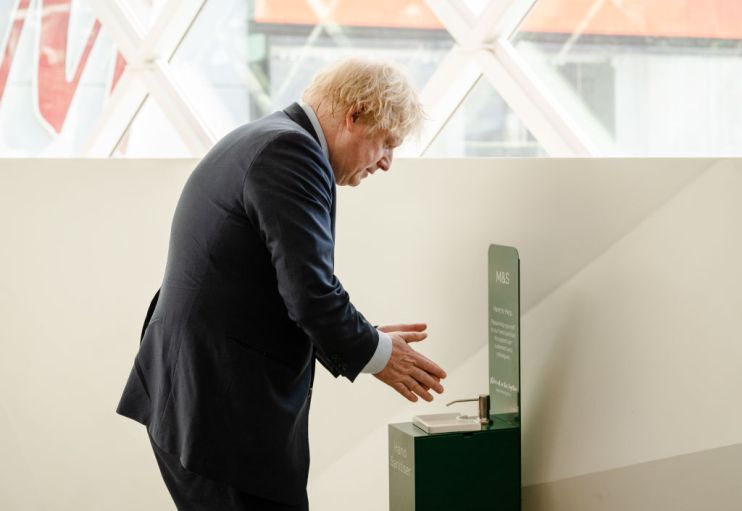Covid Secure: we’ve spent too much time on hand sanitiser and not enough on fresh air

The roll-out of the vaccine continues to be an unequivocal success story for this country, and long may it continue. Earlier this month, however, the Government made a crucial change in its communications strategy – “hands, face, space” became “hands, face, space, fresh air”.
This is a subtle, yet significant amendment. It points to the ever-increasing and belated realisation of the importance of ventilation and clean air in indoor spaces.
Fresh research on the potential for airborne transmission of coronavirus, published in the Lancet, have far reaching implications for all types of businesses, especially retail and hospitality, who have spent fortunes on believing that they have made their premises Covid safe, when in reality, the measures they have put in place have been based on a flawed understanding of how the virus spreads.
Since the outbreak of this pandemic, it has widely been believed that the primary means of transmission of the virus has been from droplets we emit when we cough or sneeze and from touching infected surfaces. We were told to arm ourselves with hand sanitiser and cough into our elbow to prevent particles escaping. Indeed, back in March 2020, the World Health Organisation refuted airborne transmission (other than from those ways) entirely, as being a means of transmission.
However, the research, headed by Professor Trisha Greenhalgh, from Oxford University, sheds new light on how airborne aerosols are passing the virus from person to person. Covid-19 can still spread from infected surfaces. But the infected aerosols we expel into the air when we speak and breathe could be creating much more contagion.
While the Government has pivoted its message to include this crucial point. Stores and offices are still relying too heavily on hand-sanitiser, one-way systems and screens.
Think of the shop you went into on the weekend, with the hand sanitiser on entry, the orderly queue and the 2 metre markings on the floor. This is all a good start, but when the door swings shut as you enter, it also shuts off a crucial defence against the virus.
Indoor conditions provide rich territory for airborne particles to spread. But outdoors, there is a constant process known as ionisation occurring which has the beneficial effect of neutralising or killing the virus.
Shops, however, have stuck to their guns and continued to pursue “Covid-secure” protocols which were decided on our understanding of the virus twelve months ago. The Government’s change in messaging is important, but it has been quiet, and done little to drown out fears of touching dirty, Covid-infected surfaces.
It also means we can begin to return to normality by trying to replicate the outdoor ionisation process indoors and putting resources into ensuring safe ventilation.
aWe’ve known for a long time that generally, the air outdoors is far better for us, not for nothing do we often use the phrase, “I’m just going outside for some fresh air”. With continuing research into the Covid-19 virus, now we know the reason why.